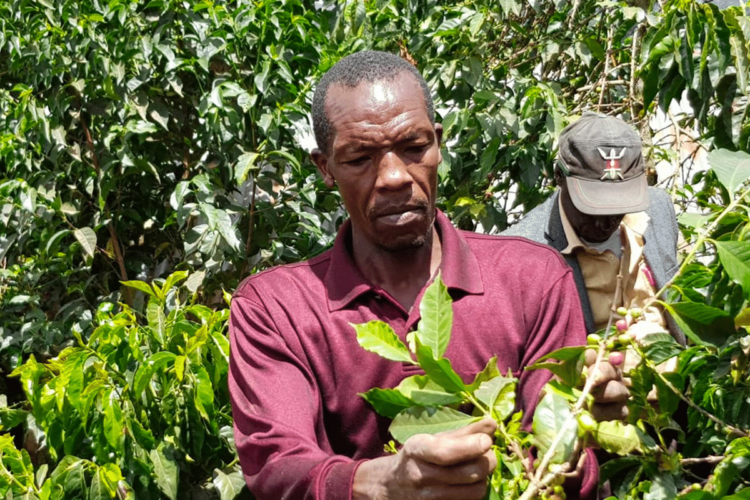The Löfbergs Group says when industry problems become apparent, such as Brazil’s weather challenges and rising coffee prices, it presents the coffee industry with an opportunity to change the way things are done.
The extreme weather changes from droughts to frost in Brazil have caused an increase in global coffee demand and prices. Löfbergs says it is estimated that between 10 to 15 per cent of Brazil’s coffee harvests were destroyed due to these conditions.
The coffee roaster estimates that coffee drinkers will pay for this in the future, with costs especially rising for Brazilian coffee farmers whose raw materials have been either completely or partially destroyed.
Löfbergs says despite this being a tragedy for Brazil’s coffee farmers, in the long run it could end up benefitting other farmers, the consumers, and the environment.
“When the prices of coffee beans rise, as is the case now, the rise is felt all the way to the farmers and the cooperatives that many farmers are part of,” says Löfbergs.
“This gives the coffee farmers more money in their hands and if they know how to use that money sensibly, it can end up contributing to the circular transformation of the entire coffee industry, which we at Löfbergs Group are actively looking to drive.”
According to Löfbergs, if farmers take advantage of the higher coffee prices and invest in new technology, education, and better cultivation methods, in the future they can significantly increase their capacity and yield. This has the potential to better equip the farmers for the future, and better utilise their resources to grow coffee.
“We know this is possible because we’ve seen it before. Since 2013, Löfbergs Group has invested in teaching and developing climate-adapted production with 15,000 farmers in Kenya,” says Löfbergs.
This project, named ‘Coffee for a Better Future’ saw coffee farmers quadruple their coffee crop from three kilograms to 14 kilograms per tree. Considered a huge economic and development success, the project has since expanded to as many as 40,000 coffee farmers across Kenya, Tanzania, and Colombia under the name ‘Next Generation Coffee’.
Investments by farmers must, however, be backed by investments from the rest of the value chain, says Löfbergs.
“We must continue the development towards full utilisation of the nutrient-rich coffee plant. Where today we utilise less than one per cent of the plant’s nutritional value when we harvest the berries and use the beans to brew coffee, we have set a goal that in 2030 we will use 100 per cent,” says Löfbergs.
This not only benefits the farmers from an environmental and sustainable perspective, but creates a new source of income for them.
In Löfbergs Circular Coffee Community, the brand worked with other companies to utilise 99 per cent of the coffee plant that is usually wasted or burnt.
According to Löfbergs, coffee grounds have the potential to be recycled into products such as garden nourishers, 3D printed materials, and more. Coffee beans’ silver skins, meanwhile, can be used in bread and in combination with other foods, and coffee tree leaves, which are typically burnt as waste, can be extracted to create beverages, with more possibilities to be discovered in using the coffee plants berries and the wet mill’s wastewater.
“There are plenty of options and we have far from discovered all of them yet. It is high time that we become better at utilising the many resources from the coffee plant that are still wasted – both for the sake of the farmers who need new sources of income, and for the sake of the environment and climate, which suffer from the shameful waste of resources,” says Löfbergs.
The coffee industry’s trade structure today has meant that coffee farmers are receiving a small segment of the price consumers pay for coffee. Löfbergs says coffee can even go up to 150 trades before it reaches a consumer cup, reducing the chance for farmers to actually make a meaningful profit.
To combat this, Löfbergs says it is working to challenge the convoluted system and unfair trade structure, ensuring a direct trade route with producers is achieved.
“It will not only benefit the individual farmers but also the consumers, because it will be very clear where the coffee has come from, under what conditions it has been grown and so on,” says Löfbergs .
“When consumers are able to make informed choices in the purchase of their coffee, they get a real opportunity to help push for the positive, circular development of the industry.”
For more information, visit www.lofbergs.co.uk/.





